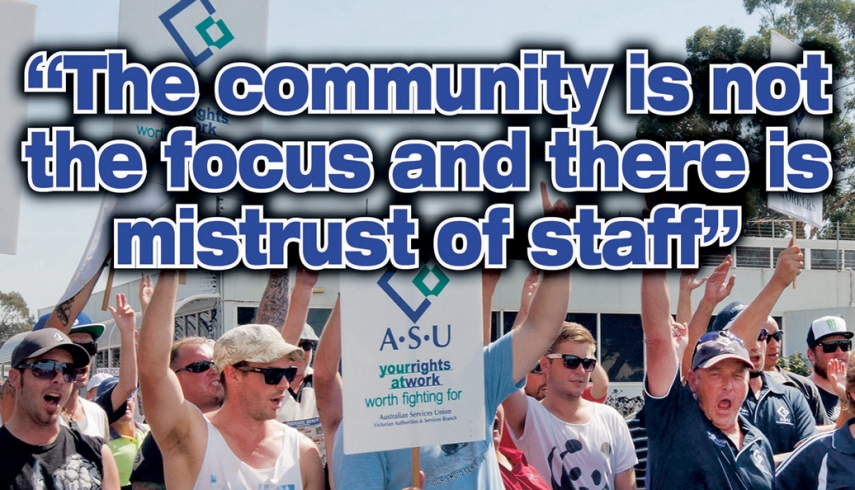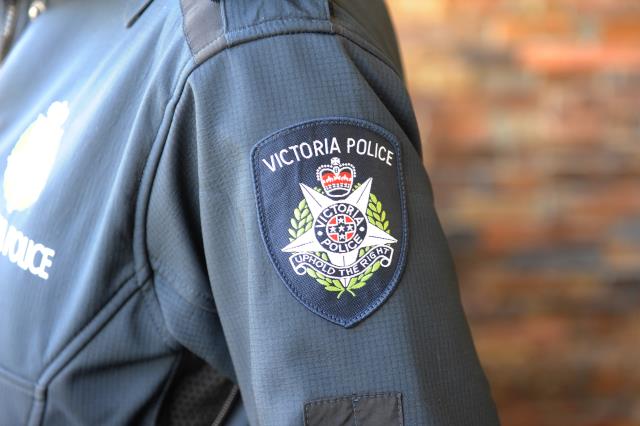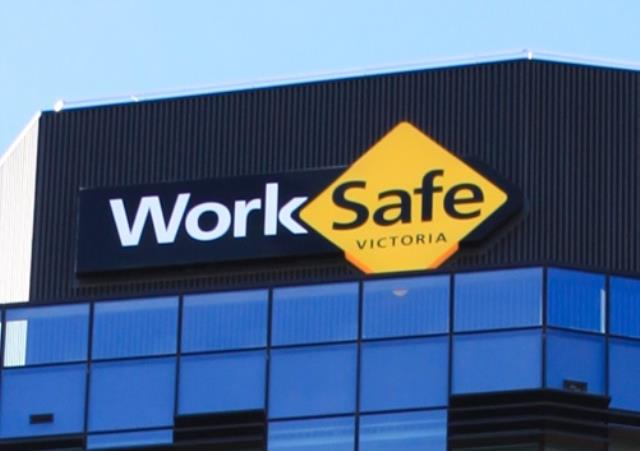WYNDHAM council has spent almost $100,000 fighting unfair dismissal claims by five employees who say they were “set up” in the latest of several ratepayer-funded investigations into staff.
Up to nine investigations have been conducted in the past three years, with some involving expensive external lawyers and private investigators.
The council confirms it has launched as many as three investigations each year since 2010.
But it refused to reveal how much ratepayer revenue was used.
The council came under fire in February for hiring a private investigator to pose as a casual labourer and spy on five parks and gardens workers.
He allegedly photographed and recorded misconduct, evidence of which was handed to council managers. The workers were sacked over allegations including drinking on the job.
The Australian Services Union took the case to the Fair Work Commission, a fight that has cost council $92,719 in legal fees so far. The hearing continues.
This followed the controversial departure of one of council’s most senior directors, Greg Aplin, after an investigation into his behaviour, also involving alcohol, at a council event last year. The investigation is understood to have cleared Mr Aplin of wrongdoing.
Council management kept Mr Aplin’s departure quiet for months and later claimed he had chosen willingly to resign.
Financial records show Mr Aplin was paid $700,000 when he left. He also entered into a far-reaching confidentiality agreement.
A council source told the Weekly they believed that investigations had become increasingly common since Kerry Thompson was appointed CEO in July 2010.
“If I did not know better, I would think there was some plot to get rid of the old guard. The sad thing is that the people who are leaving are the ones who put in and were committed to the community,” said the source, who did not want to be named.
“Many of my friends have found themselves being questioned as witnesses. It is not as satisfying a place to work when the community is not the focus and there is mistrust of staff.”
Ms Thompson defended the council’s frequency of investigations, saying all businesses were required to conduct investigations “to varying degrees” to provide due process in dealing with a range of workplace issues.
COUNCILS LOOK OUTSIDE FOR HELP
The City of Banyule, in Melbourne’s north-east, said it had not used external staff to conduct investigations into its employees in the past three years. Similarly, there have been no external staff investigations in Yarra during the same period. Mayor Jackie Fristacky said Yarra hired consultants in 2010 to assess its fraud and corruption control after a staff member was investigated by police and later resigned.
Moonee Valley council had used an external party once in the past three years to help in a staff investigation. Several other councils across Melbourne would not release details about staff investigations.
Municipal Association of Victoria CEO Rob Spence, said he had never heard of councils hiring private investigators as Wyndham had done, but said it was common to call in external parties to check work practices. “Because monies are partly contributed by the ratepayers, it’s an interesting prospect if you think there is a fraud occurring, because councils are obliged to do something but you’re damned if you do and damned if you don’t.”







